The Covid-19 virus since its spread to other countries from January and becoming a pandemic has created a sense of panic among everyone. The very reason for this virus to become a pandemic is it being asymptomatic. Which means that you might get Covid-19 and not show any symptoms.
In this whole confusion of who has this virus and who doesn’t, developers are trying to do their bit by creating new apps and software to help the government in any possible way. The easiest would be to help detect the virus as early as possible.
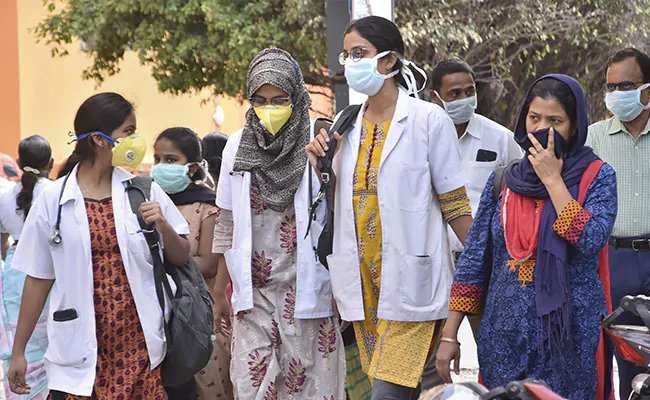
Artificial intelligence (AI) can help fight the coronavirus through applications including population screening, notifications of when to seek medical help and tracking how the infection spreads. One such tool is COVID-Net AI tool that can help in identifying COVID-19 through chest X-Rays.
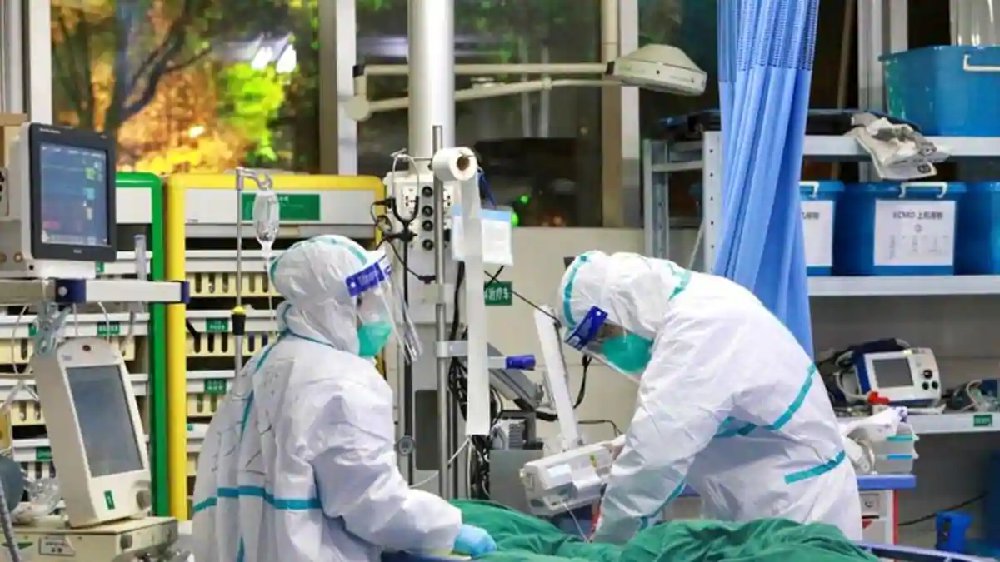
Developed by the researchers from the University of Waterloo and Canadian startup DarwinAI, the new AI tool was open-sourced. Although a lot of researchers have developed multiple tools with a similar function, none of them has been made public. COVID-Net becomes the first tool to do so and help health workers identify the cases faster.
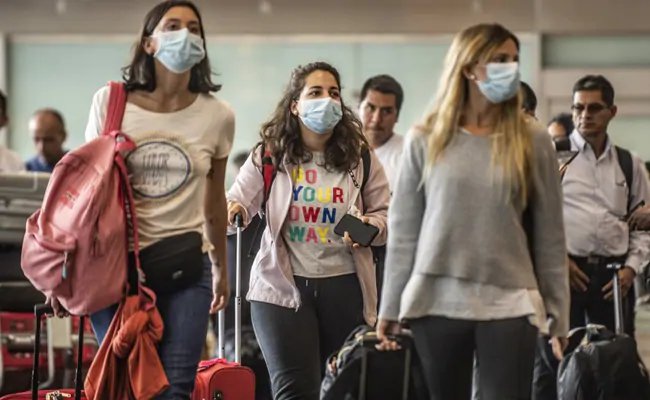
The tool is a convolutional neural network or an AI tool that helps in recognising images. As the cases of COVID-19 continue to rise worldwide including more than 100 new cases in a day in India alone, this tool might be revolutionary.
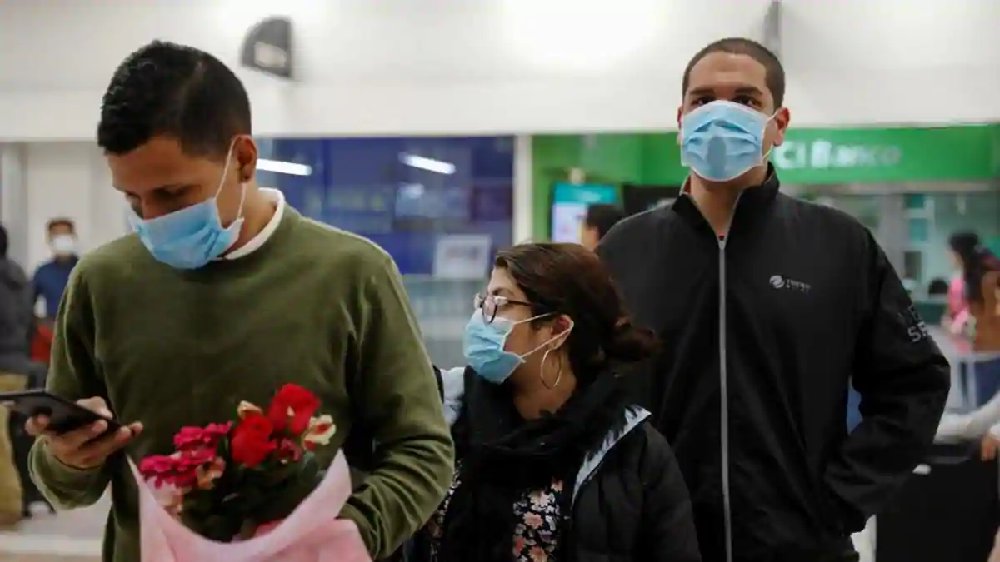
COVID-Net is particularly trained to identify patients with the Novel Coronavirus, and the researchers hope to increase computer-aided screening in infected countries.The AI tool is trained using 5,941 chest x-rays of 2,839 patients. All of these patients had different conditions – some had bacterial infections, some had non-COVID infections, while some had COVID-19 infections.
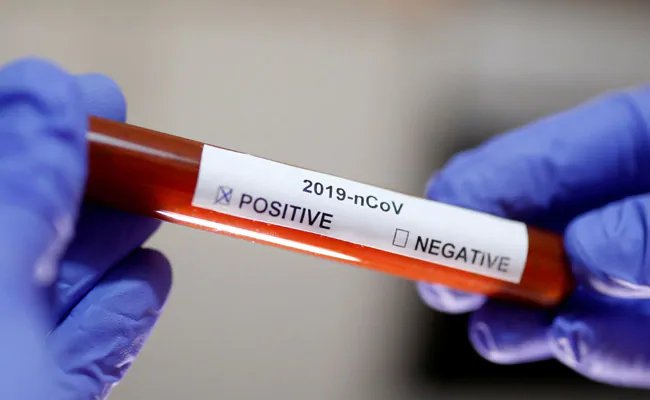
This isn’t the first AI tool that aims to help clinicians to fast track the detection process, many medical centres over the period of time have been using various AI tools to ease the burden. Medical Home Network, an organization serving patients in the Chicago area, is using artificial intelligence to identify individuals who have a heightened vulnerability to severe complications from COVID-19.
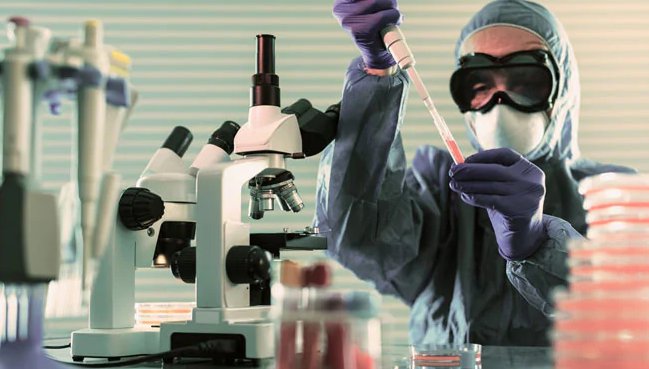
ClosedLoop.ai’s COVID-19 AI-based predictive model was used in combination with MHN’s patient demographics, social determinants of health, claims and clinical activity to create a predictive model that allows MHN to prioritize care management for patients who are likely to be more vulnerable to severe complications from COVID-19.
Similarly, Tampa General Hospital in Florida installed a new AI system designed to detect feverish patients with a simple face scan.
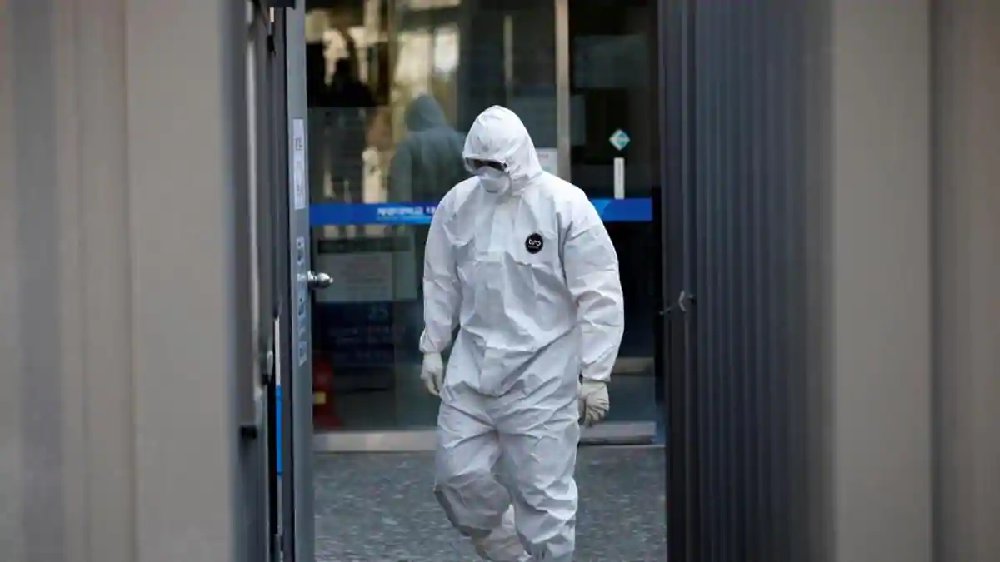
With more than 100 new cases in India today, the Indian healthcare system might soon be exhausted. Considering India on an average has one state-run hospital for 55,591 people, a single hospital bed for every 1,844 people and there’s already a shortfall of close to 500,000 doctors, we soon might need help. What can be better than these AI tools?

















